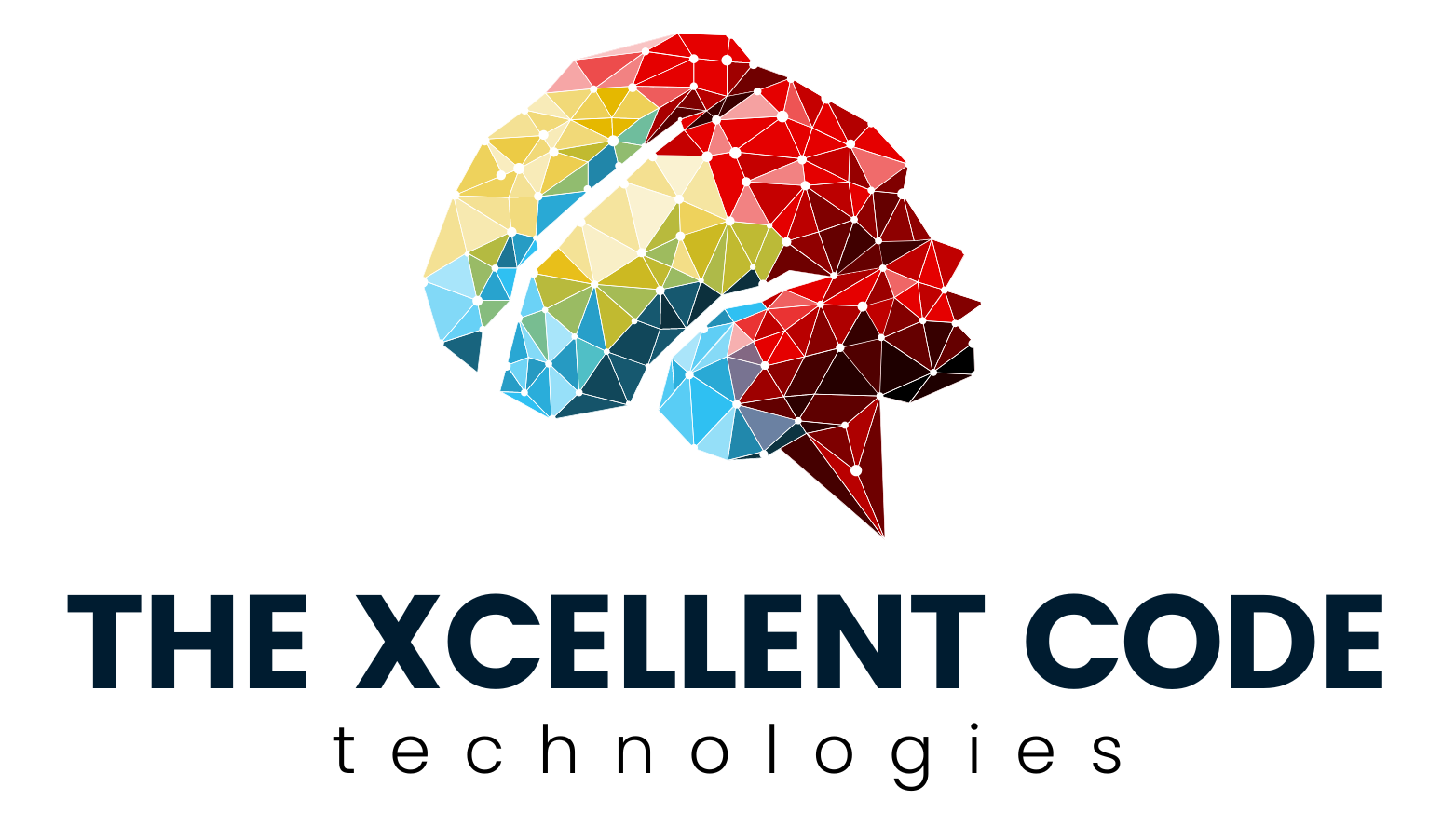HCC Medical Coding

Introduction
HCC medical coding is crucial in today’s healthcare industry, impacting both patient treatment and financial reimbursement. This article serves as a detailed guide to HCC coding, explaining its importance for healthcare providers.
- A brief overview of HCC medical coding:
- Introduction to the concept of HCC coding and its relevance in the healthcare domain.
- Key Takeaway:
- This comprehensive guide will cover everything you need to know about HCC coding and offer valuable insights for industry professionals.
Understanding HCC Coding
HCC coding, also known as Hierarchical Condition Category coding, is a critical component of risk adjustment in the healthcare industry. It involves assigning specific alphanumeric diagnostic codes to reflect the health status and conditions of patients. The primary purpose of HCC coding is to predict healthcare resource utilization and estimate future healthcare costs for individuals based on their medical conditions and demographic factors.
The Role of Risk Adjustment Models
Risk adjustment models play a crucial role in the healthcare industry by accounting for the health status of patients when determining reimbursements to health plans and providers. These models utilize HCC coding to assign risk scores, which are then used to calculate the expected costs of caring for patients with complex medical needs.
Importance of Alphanumeric Diagnostic Codes
Alphanumeric diagnostic codes are instrumental in assigning risk scores through HCC coding. These codes capture various chronic conditions, acute illnesses, and other significant health indicators that contribute to an individual’s overall risk profile. By accurately documenting and coding these conditions, healthcare organizations can ensure that they receive appropriate reimbursement for providing care to high-risk patients.
Benefits of Effective HCC Coding Practices
Effective HCC coding practices are essential for predicting healthcare resource utilization. By leveraging comprehensive medical record reviews and precise diagnosis coding, healthcare professionals can identify and prioritize the most impactful health conditions that drive resource allocation and cost projections within the patient population.
Some benefits include:
- Accurate Risk Assessment: HCC coding allows healthcare providers to accurately assess the level of risk associated with each patient, enabling them to allocate resources effectively.
- Optimized Resource Allocation: By understanding the specific needs of high-risk patients through HCC coding, healthcare organizations can allocate their resources efficiently.
- Improved Financial Performance: Proper documentation and coding of high-risk conditions result in accurate reimbursement from payers, leading to improved financial performance for healthcare providers.
- Enhanced Care Planning: With HCC coding, healthcare professionals can develop tailored care plans that address the unique needs of each patient, improving overall health outcomes.
Conclusion
HCC coding serves as a valuable tool for assessing patient risk, optimizing resource allocation, and facilitating accurate reimbursement in the ever-evolving landscape of modern healthcare.
Importance of Accurate HCC Coding in Healthcare
HCC coding is crucial for value-based care initiatives in healthcare. It helps healthcare organizations accurately understand the health status of their patients, making it easier to implement proactive care management strategies. By identifying and addressing high-risk patients, providers can intervene early, potentially preventing costly acute care episodes and improving patient outcomes.
Accurate HCC coding has a significant impact on how healthcare organizations manage their revenue. Proper documentation and coding integrity directly affect the risk adjustment factor (RAF) scores, which ultimately determine the level of reimbursement. Improving coding accuracy ensures that healthcare entities receive fair payment for the services they provide, which is essential for financial stability and sustainability in today’s complex reimbursement landscape.
Ensuring compliance and reducing the risk of audits through accurate HCC coding is also very important. By following coding guidelines and best practices, organizations can minimize the chances of compliance issues and audit findings. This helps maintain trust among stakeholders by ensuring that the coding process is reliable and transparent, which is crucial for the credibility of healthcare operations.
In addition to its impact on patient care, accurate HCC coding also plays a vital role in essential financial and operational aspects of healthcare delivery.
The Important Role of HCC Coders
HCC coders have a crucial and challenging job in the healthcare system. Here’s why their role is so vital:
- Understanding Responsibilities and Challenges
HCC coders play a key role in correctly documenting and coding patients’ diagnoses using ICD-10-CM codes. This involves:
- Identifying all relevant conditions that contribute to a patient’s overall health status
- Making sure the risk adjustment factor (RAF) score accurately reflects the patient’s true health complexity
- Expertise in Diagnosis Coding for Precise HCC Assignment
HCC coders need to have a deep knowledge of diagnosis coding guidelines and principles. They must be skilled at:
- Recognizing, understanding, and translating clinical documentation into accurate diagnostic codes
- Capturing the severity of illness and chronic conditions effectively through coding
- Using Advanced Technology Solutions
To make their work more efficient, HCC coders use advanced technology solutions like Electronic Health Record (EHR) systems and encoding software. These tools help with:
- Easily capturing documentation
- Improving coding accuracy
- Facilitating communication between coders and healthcare providers
The complex nature of HCC coding means that attention to detail, continuous learning, and adherence to coding standards are essential. By mastering these aspects, HCC coders play a crucial role in supporting value-based care initiatives and ensuring accurate reimbursement for healthcare organizations.
Key Elements of Successful HCC Coding Process
The successful HCC coding process relies on two key elements: comprehensive medical record review and collaboration between coders and healthcare providers.
-
Importance of Comprehensive Medical Record Review
Thoroughly reviewing medical records is crucial for capturing all relevant diagnoses that contribute to the accurate assignment of HCC codes. This comprehensive approach ensures that no significant health conditions are overlooked, ultimately impacting the risk adjustment factor (RAF) score and subsequent reimbursement accuracy.
-
Collaboration Between Coders and Healthcare Providers
Effective communication and collaboration between coders and healthcare providers are essential for accurate documentation. This includes employing a query process to seek clarification on unclear or incomplete information and engaging in education initiatives to enhance the understanding of coding requirements among healthcare providers.
By emphasizing these key elements, HCC coders can optimize the coding process, leading to more precise risk scores and improved reimbursement accuracy for healthcare organizations.
Navigating the Complexities of HCC Coding Guidelines
Understanding the unique coding rules and conventions for HCC assignments is essential for accurate and effective coding. HCC coding guidelines provide specific instructions on how to assign codes based on the patient’s medical conditions and risk factors. Here are some important points to consider when navigating these complexities:
-
Code specificity
HCC coding requires coders to assign the most specific ICD-10 codes that accurately represent the patient’s condition. The level of specificity in coding is crucial as it impacts the risk adjustment factor (RAF) score, which in turn affects reimbursement. It is important to avoid using nonspecific codes or unspecified diagnoses, as they may result in lower RAF scores and inadequate reimbursement.
-
Documentation guidelines
Proper documentation is vital for HCC coding accuracy. Healthcare providers need to document all relevant diagnoses, conditions, and comorbidities in the medical record. Coders must review the documentation thoroughly to capture all possible HCCs. This requires a comprehensive understanding of medical terminology and clinical concepts to accurately interpret physician notes and diagnostic reports.
-
Common coding pitfalls
There are certain challenges and pitfalls that coders may encounter when assigning HCC codes:
- One common pitfall is upcoding, where coders assign codes for conditions that are not supported by sufficient clinical evidence.
- On the other hand, under coding occurs when coders fail to assign codes for documented conditions, leading to potential revenue loss.
Coders must be vigilant in avoiding these pitfalls and ensure accurate code assignments based on the provided documentation.
To navigate these complexities effectively, coders should:
- Stay updated with the latest coding guidelines
- Attend regular training sessions to enhance their skills and knowledge
Collaborating with healthcare providers through query processes can also help clarify any ambiguities in documentation, ensuring accurate code assignment.
Properly navigating the complexities of HCC coding guidelines is crucial for accurate reimbursement and compliance with regulatory requirements. By understanding code specificity and avoiding common coding pitfalls, coders can contribute to the overall success of the HCC coding process.
Staying Updated with Evolving HCC Coding Practices
Staying up-to-date with the evolving HCC coding practices is essential for medical coders to ensure accurate and compliant coding. As the healthcare industry continues to evolve, there are frequent updates and changes in HCC coding methodologies and reimbursement policies. Here are some key points to consider for staying updated with these evolving practices:
The field of HCC coding is dynamic, with new guidelines and regulations constantly being introduced. Medical coders must stay informed about these changes to ensure accurate coding and documentation. By staying updated, coders can adapt their practices accordingly, ensuring compliance and maximizing reimbursement.
Continuous education is vital for medical coders to stay current with evolving HCC coding practices. This can be achieved through various means, such as attending conferences, webinars, workshops, or seminars focused on HCC coding updates. These educational opportunities provide insights into the latest trends, best practices, and regulatory changes in HCC coding.
Joining professional organizations related to HCC coding can provide valuable resources for staying updated. These organizations often offer newsletters, journals, online forums, and networking opportunities where coders can exchange knowledge and stay informed about changes in the field. Additionally, there are online resources such as websites and blogs dedicated to HCC coding that regularly publish updates and provide insights into industry trends.
Engaging in discussions and collaboration with peers in the field of HCC coding can be beneficial for staying updated. Participating in forums or online communities where medical coders share their experiences, challenges, and solutions helps in gaining practical knowledge about evolving practices.
By actively seeking out opportunities for continuous education, leveraging professional organizations and resources, and collaborating with peers, medical coders can ensure they stay updated with the evolving HCC coding practices. This commitment to ongoing learning and staying informed will help coders maintain accuracy, compliance, and efficiency in their coding processes.
Conclusion
In this guide, we’ve explored the important role of HCC medical coding in healthcare. Understanding and being proficient in HCC coding is crucial for:
- Accurate risk adjustment
- Effective revenue management
- Compliance with regulations
By staying informed about changes in HCC coding guidelines and utilizing educational opportunities, you can confidently navigate the intricacies of this process.
Remember, accurate HCC coding is not only necessary for financial purposes but also plays a significant part in providing quality care to patients.
Stay up-to-date with the latest developments in HCC coding by visiting trusted resources such as www.thexcellentcode.com. These platforms offer valuable insights, tips, and case studies to enhance your knowledge and proficiency. Additionally, consider engaging in discussions with peers and attending conferences or webinars that focus on HCC coding. By continuously learning and refining your skills in this area, you can contribute to both the financial health of your organization and the well-being of your patients.



